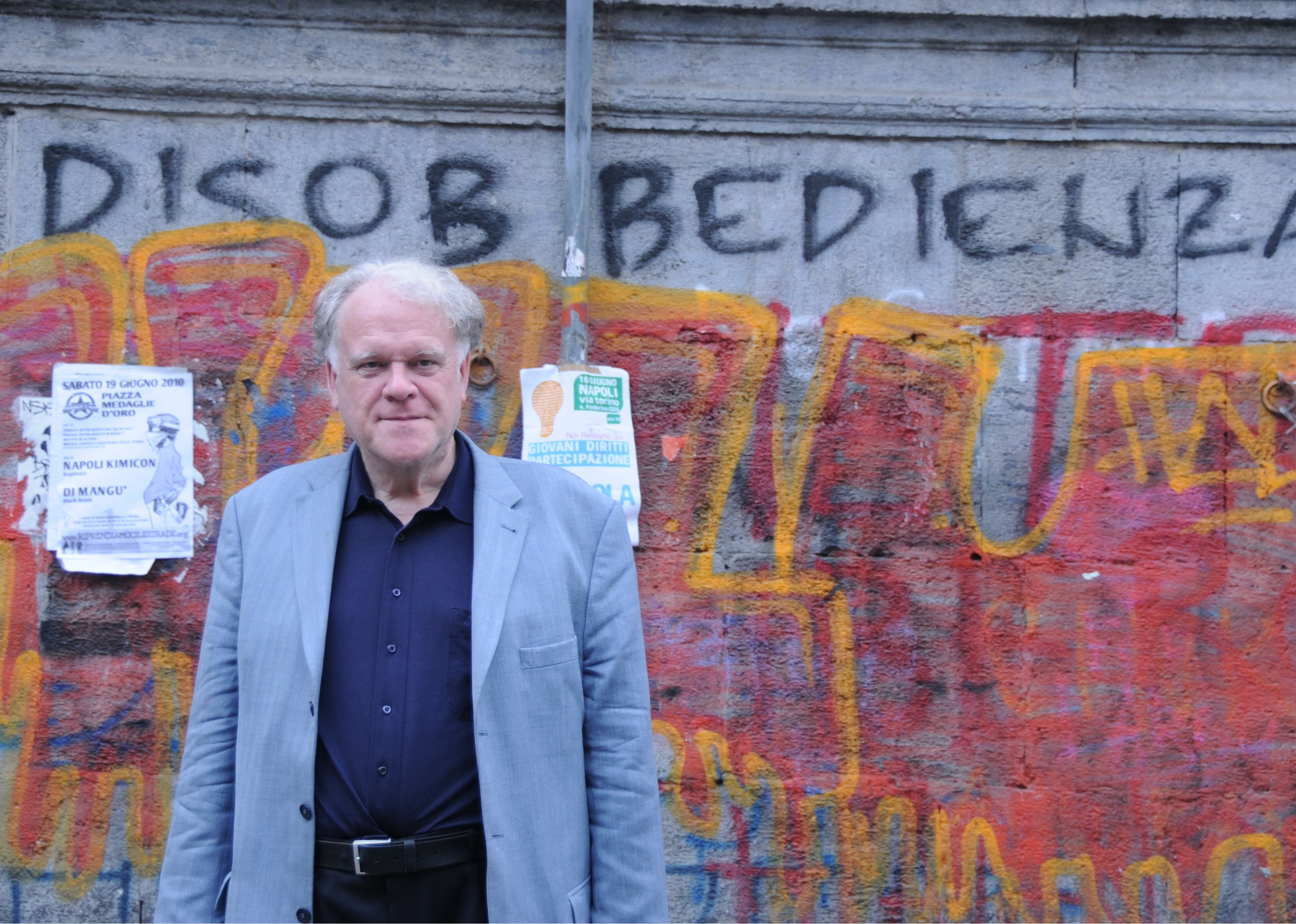Dostoevsky in Greece. A Brief History of Reception (1877-1929)
DOI:
https://doi.org/10.13136/1013-2309/1608Abstract
This article explores the reception of F. M. Dostoevsky in Greece from 1877 to 1929. The starting point is the year when Dostoevsky was first mentioned in the Greek press, while the endpoint is 1929, a pivotal year marking the emergence of the “Generation of the ‘30s” in Greek literature, which signaled a new phase in its development. The reception of Dostoevsky in Greece during this period unfolds in two distinct phases. The first phase, from 1877 to 1918, is characterized by efforts to introduce the Greek readership to Dostoevsky’s literary and journalistic works. The second phase, spanning from 1918 to 1929, is marked by a growing interest in his works, with increased translation and critical attention. By this time, Dostoevsky’s work had expanded beyond a narrow intellectual circle, becoming more widely disseminated and read. This article focuses on the key literary, ideological, and cultural factors shaping the Greek reception of Dostoevsky during this period, with particular attention to the cultural mediators involved. These mediators were influenced by two major centers: the Western and the pro-Russian spheres, which played a significant role in the dissemination of his work in Greece.
Keywords: Dostoevsky in Greece, Dostoevsky’s worldwide reception
Downloads
Published
Issue
Section
License
Copyright (c) 2025 Zorka Šljivančanin

This work is licensed under a Creative Commons Attribution-NonCommercial-ShareAlike 4.0 International License.
Authors must attend to the following conditions:
- Authors will retain copyright of their work but give the journal first publishing rights. Articles will be simultaneously licensed by a Creative Common License - Attribution - No Commercial Use that permits other researchers to share the work by indicating the author’s intellectual property and its first publishing in this journal not for commercial use.
- Authors can adhere to other license agreements not exclusive to the distribution of the published version of their work (for example: include it in an institutional archive or publish it in a monograph) as long as they indicate that it was first published in this journal.
- Authors can disseminate their work (for example in institutional repositories or on their personal website) before and during the submission procedure, as it can lead to advantageous exchanges and citations of the work (see also, The Effect of Open Access).
If you have questions, you may contact:
or
dostoevsky-studies@ateneo.univr.it




